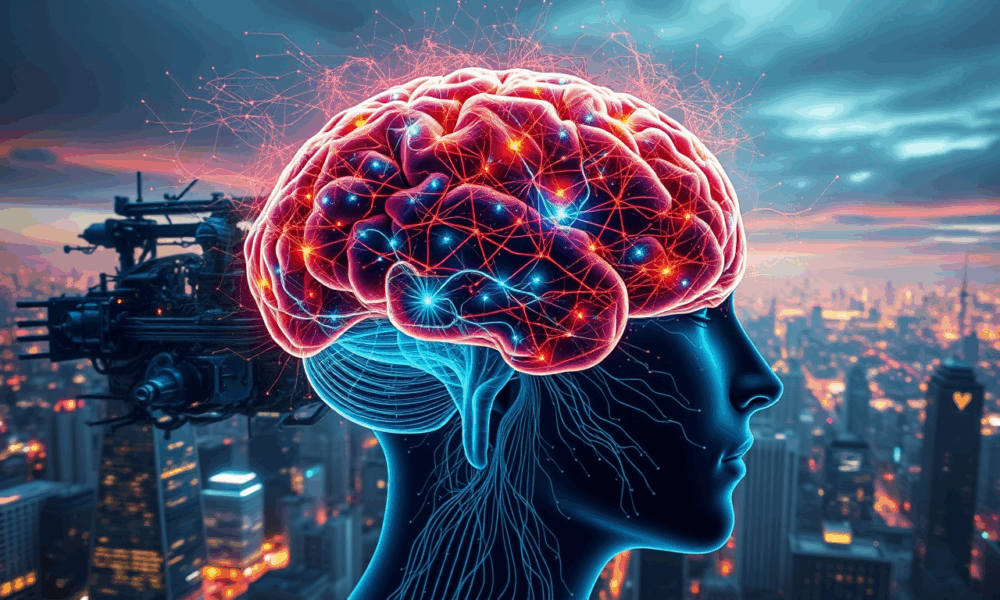
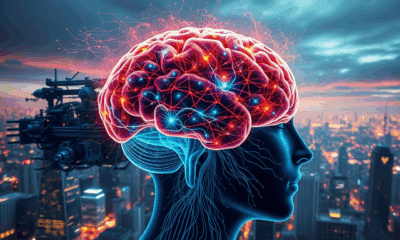

Scientists at Weill Cornell Medicine have developed a new algorithm, the Krakencoder, that merges multiple types of brain imaging data to better understand how the brain...
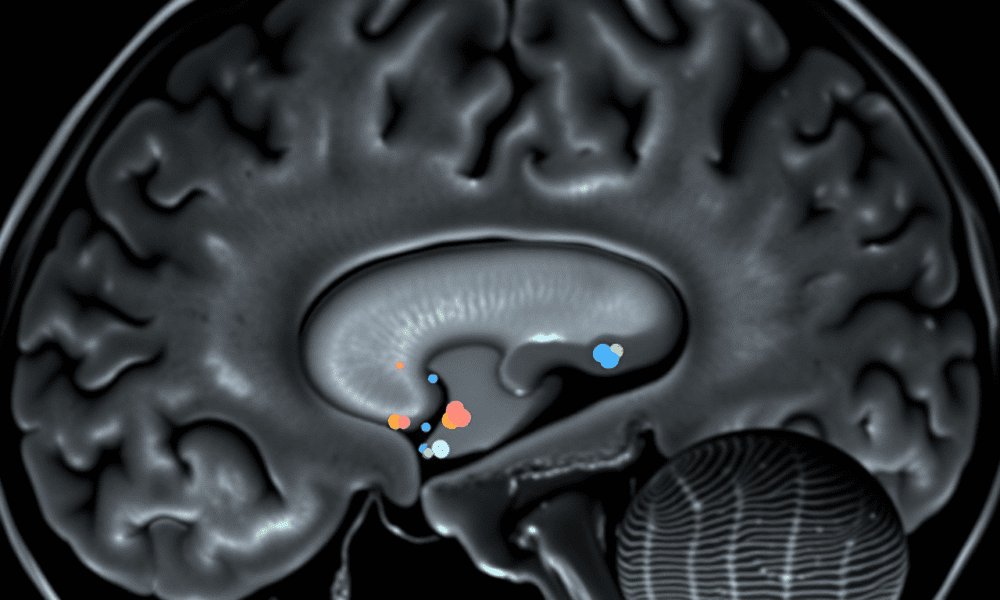
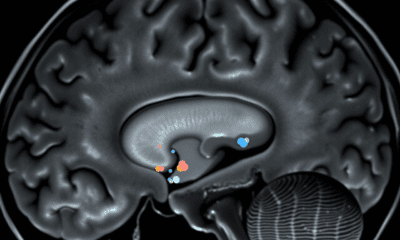

According to a recent study, in patients with frontotemporal dementia (FTD), epileptic seizures are significantly more common than previously known. The discovery deepens understanding of the...
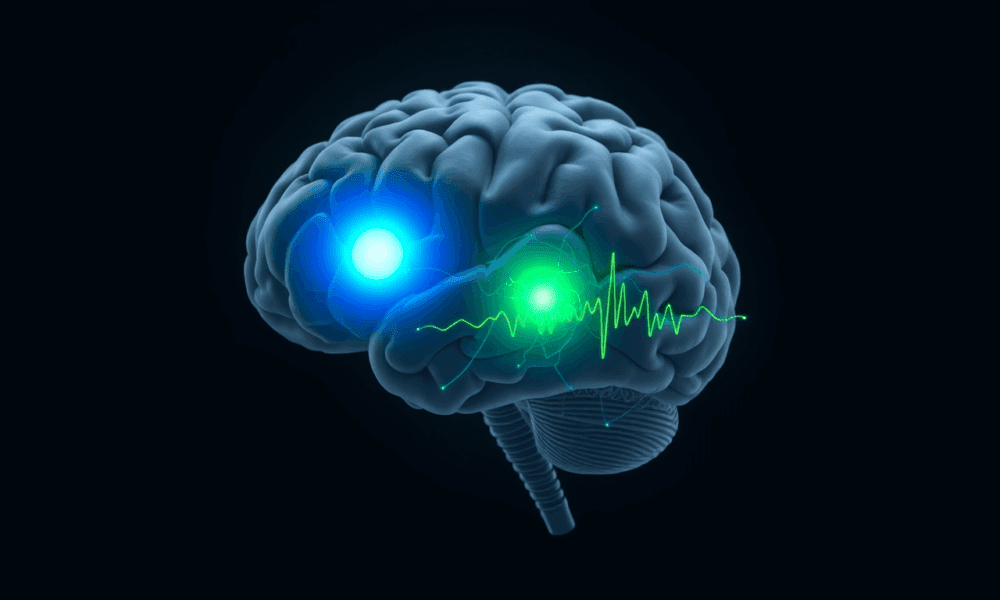
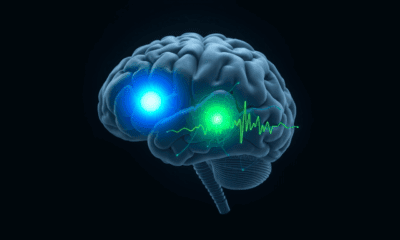

A new study challenges a decades-old assumption in neuroscience by showing that the brain uses distinct transmission sites -- not a shared site -- to achieve...
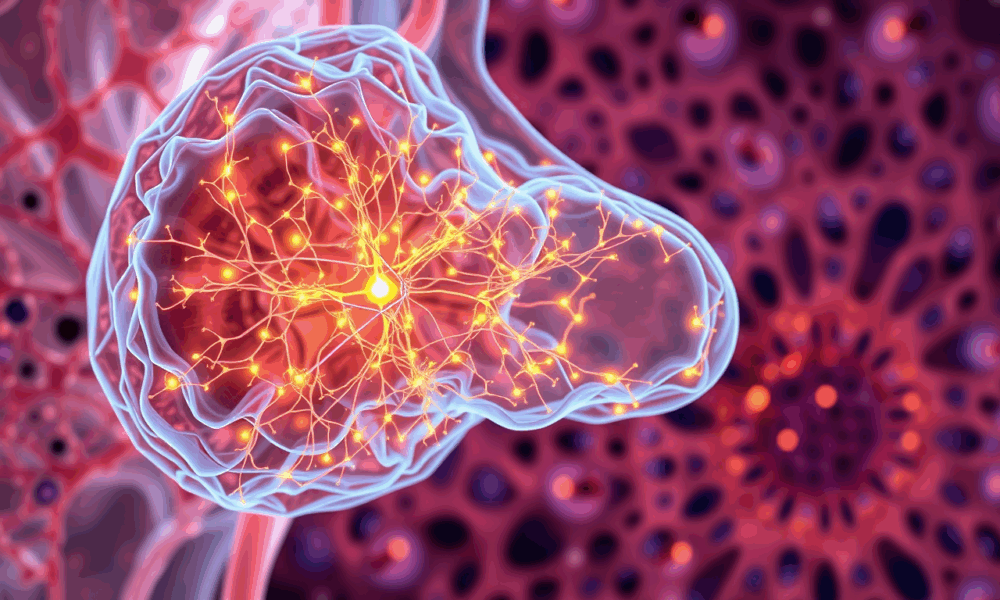
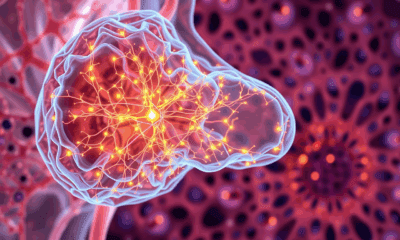

Using a newly devised, three-dimensional model to study the regeneration of nerve tissue in the nose, researchers have discovered that one type of stem cell thought...
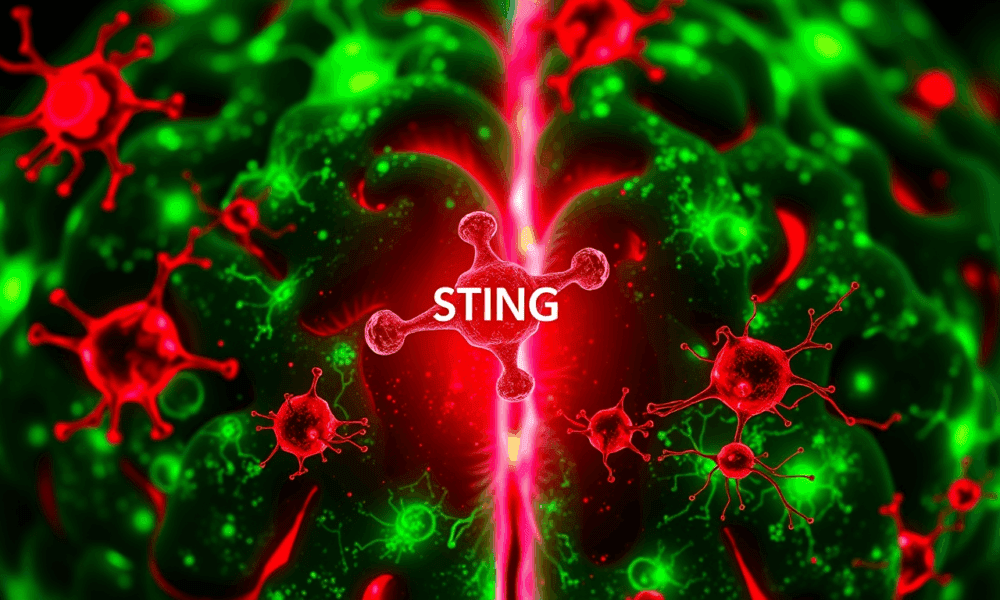
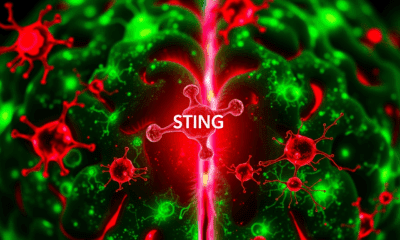

A new way of thinking about Alzheimer's disease has yielded a discovery that could be the key to stopping the cognitive decline seen in Alzheimer's and...
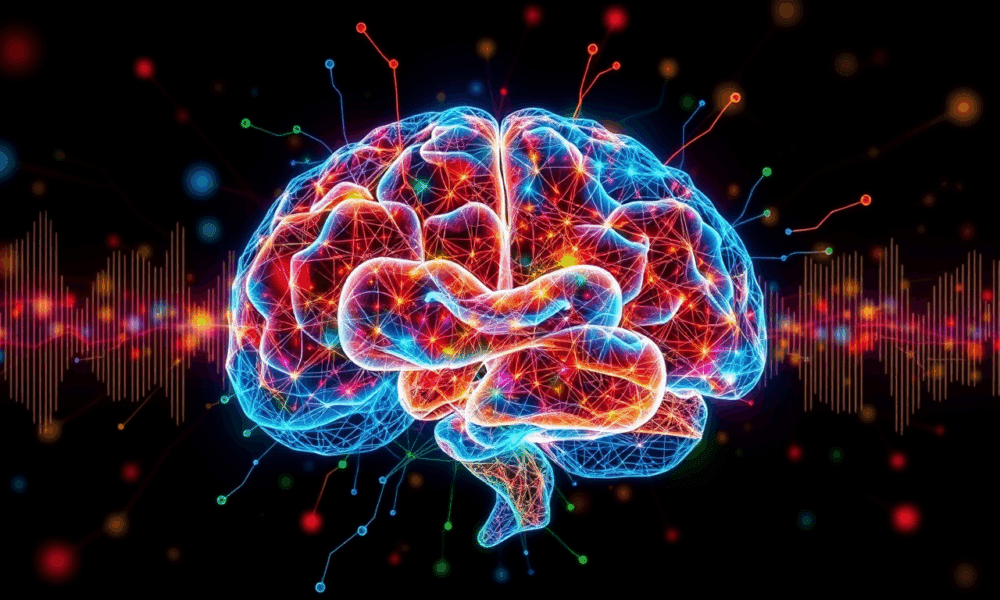
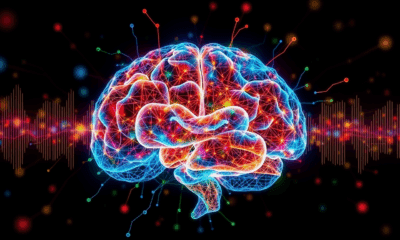

What happens inside your brain when you hear a steady rhythm or musical tone? According to a new study, your brain doesn't just hear it --...



Human-AI interactions are well understood in terms of trust and companionship. However, the role of attachment and experiences in such relationships is not entirely clear. In...
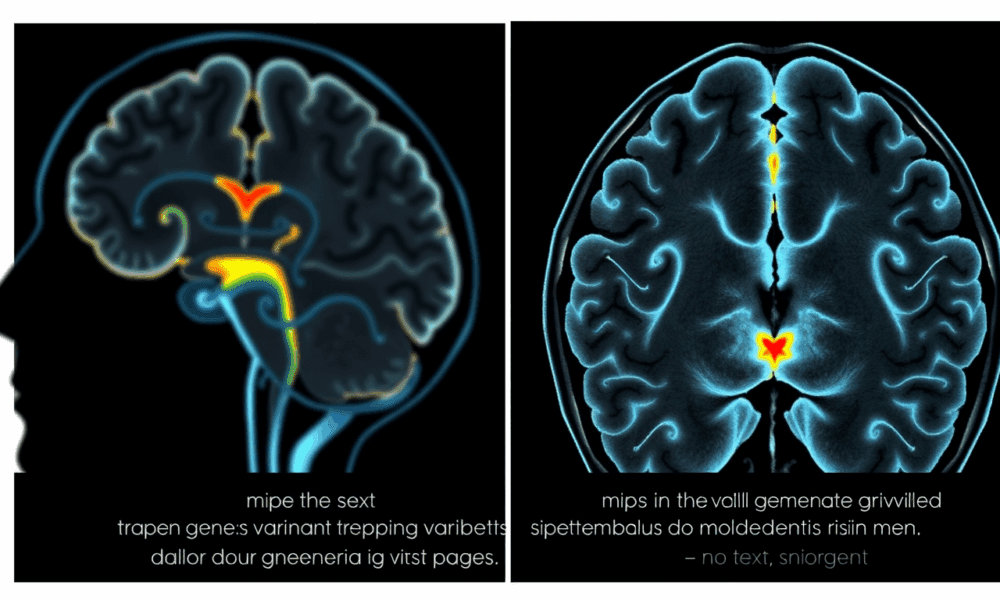
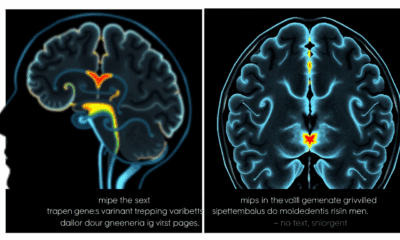

New research has found that men who carry a common genetic variant are twice as likely to develop dementia in their lifetime compared to women.



Researchers have developed a way to edit the genetic sequences at the root of Huntington's disease and Friedreich's ataxia. If longer than a certain threshold length,...
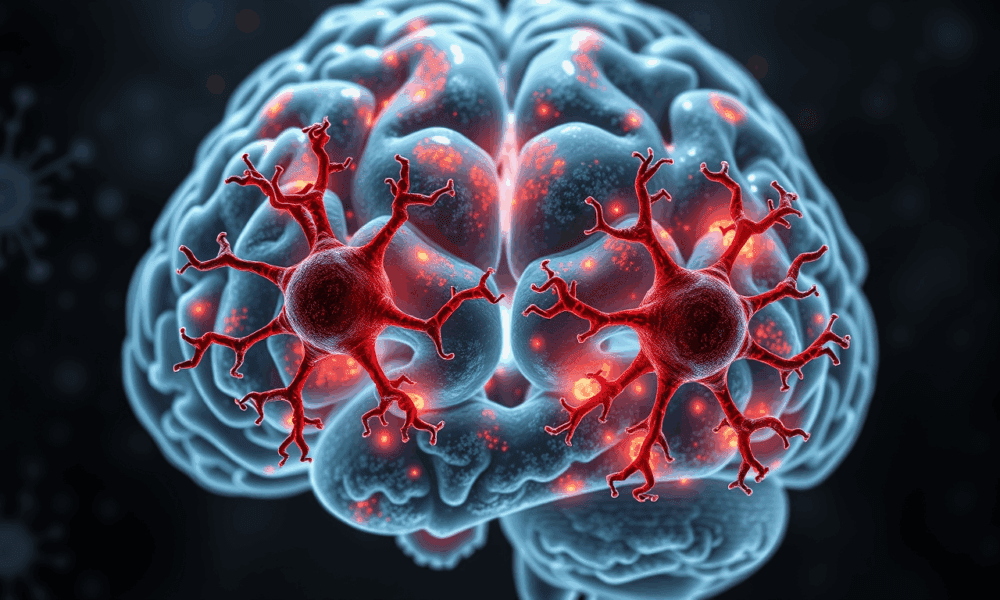
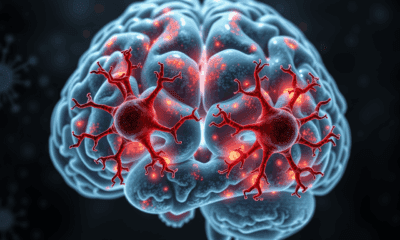

A new study suggests how APOE2 is protective while APOE4 increases disease risk by regulating the brain's immune cells.